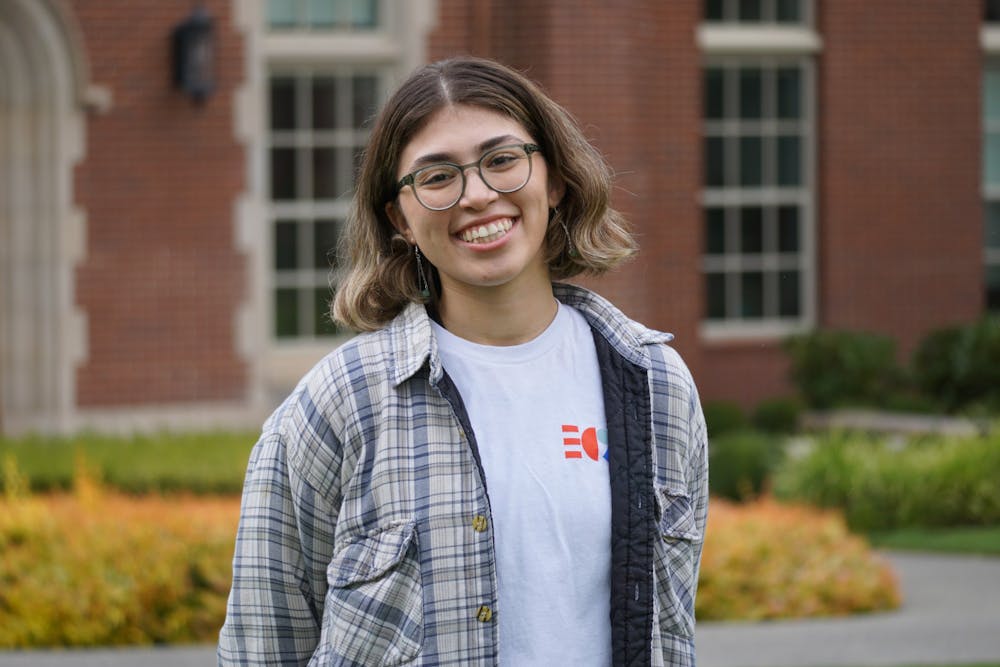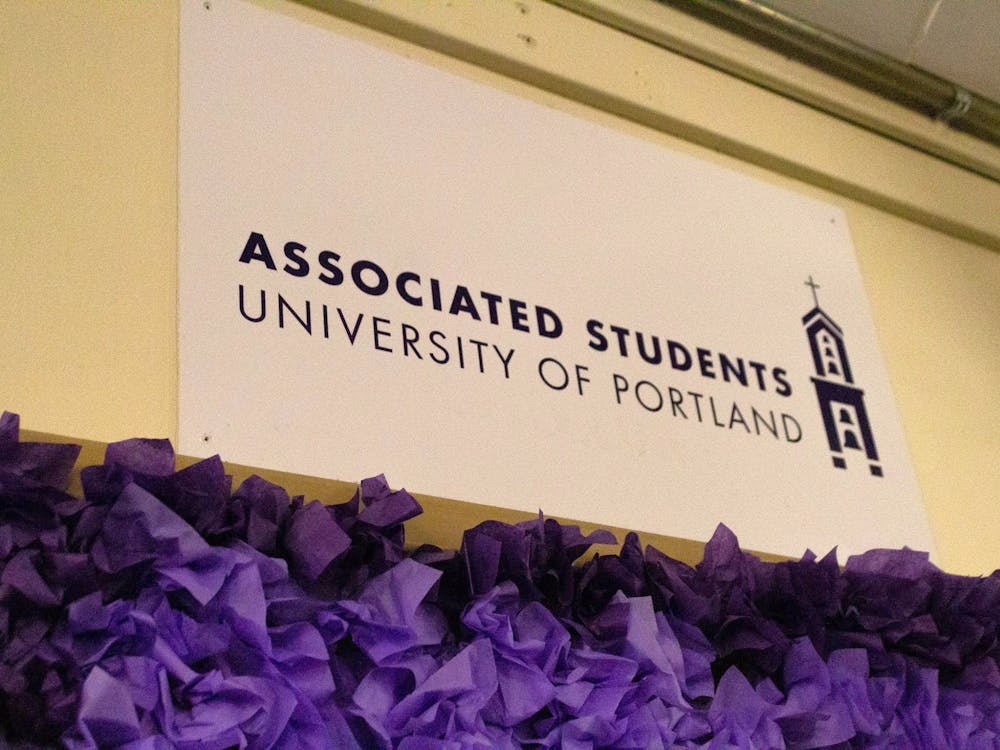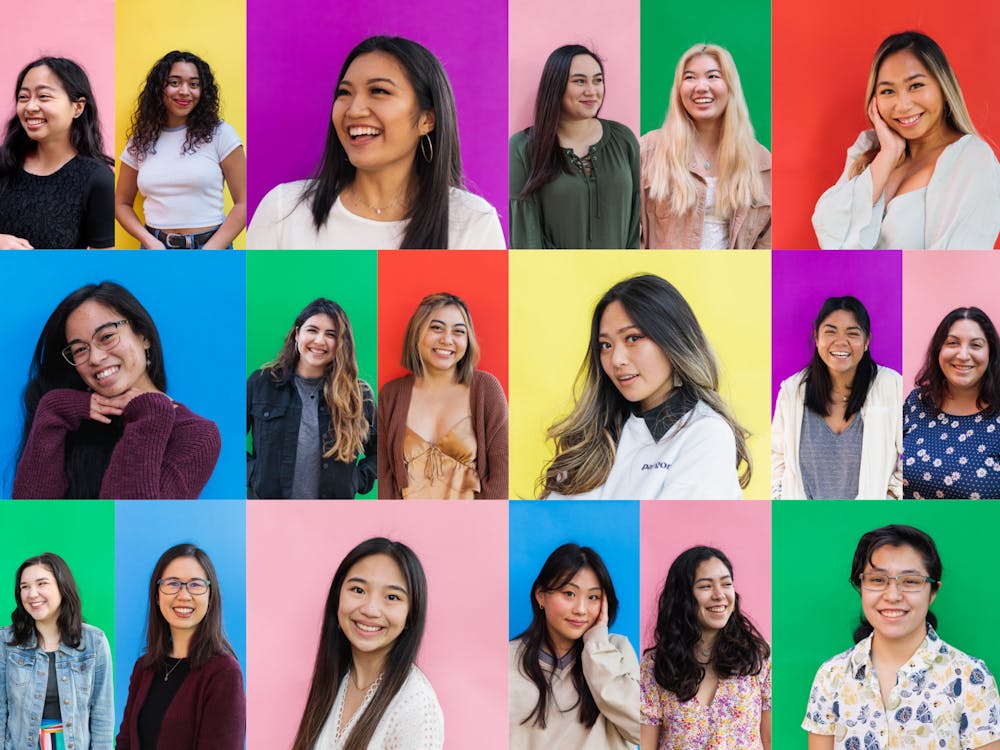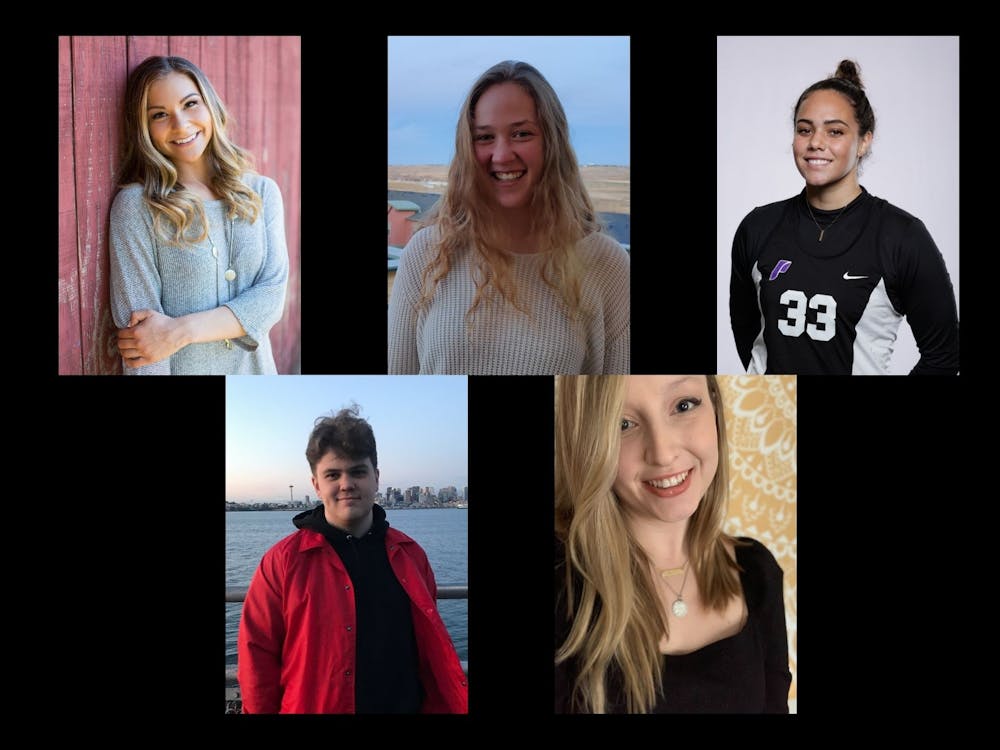Before 2020, virtual internships weren’t a very common occurrence for students.
While the pandemic put an end to countless events and routines across the globe, one silver lining was the surge in new virtual opportunities.
For Gabby Mota, being able to collaborate with the Smithsonian Institution, hundreds of miles away, was one of these unique remote work experiences.
As a senior sociology major, Mota was inspired to work for an organization that aligned with her values of social justice and racial equity.
“Finding a group that is very specifically focused on advocating for people whose voices are often left unheard was super important to me,” Mota said. “How they were putting that mission into practice was kind of motivating for me.”
Leading into the summer before her senior year, Mota applied for her internship through Emerson Collective on a set of projects based around education reform.

“They created a new opportunity with the Smithsonian to create these things called Learning Labs,” Mota said. “They are just presentations that are used in education settings or for anybody who wants to access that website.”
In partnership with The Smithsonian Institution and The Mississippi Department of Archives, Mota researched and helped create three Learning Lab collections for The Smithsonian based on Mississippi history.
Smithsonian Learning Labs are digital museum resources and tools for education available on their website.
Focused on Mississippi’s history, Mota’s labs were aimed toward educating teachers and students about race and social justice.
Mota’s work went into three presentations: Leaders of the Civil Rights Movement in Mississippi, Mississippi, the Great Migration and the Negro Motorist Green Book, and the Native American Graves Protection and Repatriation Act.
“We had to focus on tailoring the content to elementary school and middle school kids and making sure that we weren't getting too heavy into the history, but also making sure that we were touching on very important parts and telling a very fluid story,” Mota said.
Having a focus in education equity meant that Mota was pursuing a cause that she felt passionate about while being able to gain experience.
“Being able to create a tool for people to use to learn more about that history was special,” Mota said.
Mota used her experiences from courses at UP to develop her interests in social justice during her time working with the Emerson Collective.
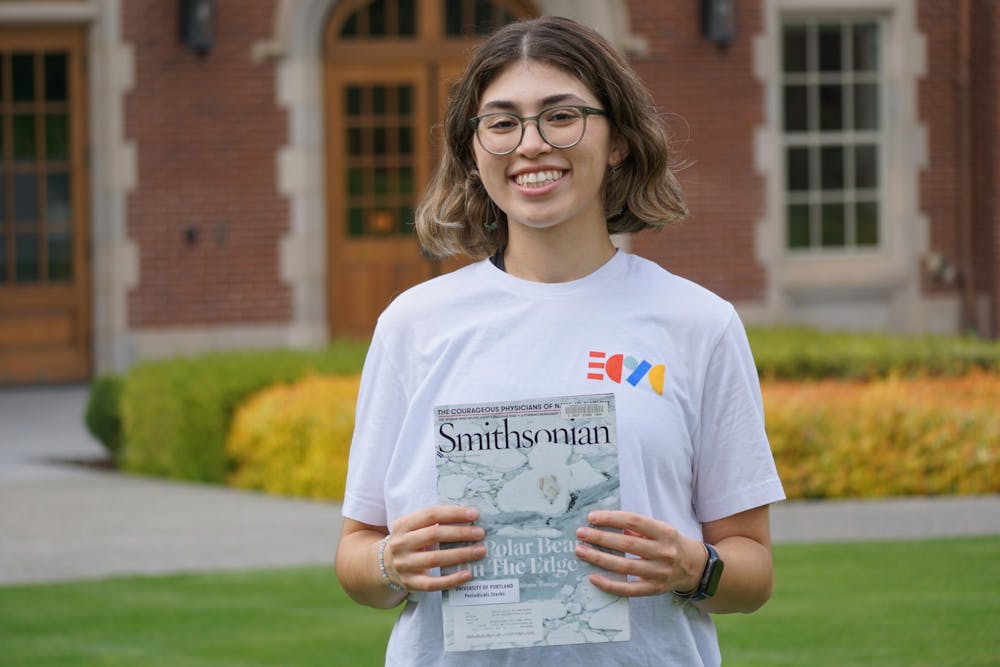
Gabby Mota posing with a Smithsonian magazine.
“Being a senior sociology major, I've gone through a lot of the lower division and upper division classes,” Mota said. “Just kind of having so many classes that touch on all those topics, I think it just prepared me with the knowledge to go into this internship with a passion.”
UP sociology professor Lauren Alfrey related the importance of Mota’s work to efforts on campus to decolonize the syllabi, bring a variety of speakers to campus under the Diversity Dialogues program and host multiple Diversity and Inclusion Events throughout the semester.
“I think there's a whole constellation of ways we can both have our conversations about how race and racism show up in the classroom and educate ourselves about ways we can include that knowledge,” Alfrey said. “What kind of work can we do to make sure that we then don't reproduce these either dominant narratives, or over representations of certain voices at the exclusion of most of humanity?”
At Emerson Collective, social justice is a growing concern. Their mission statement emphasizes their “focus on creating systemic change in education.”
“It was interesting to hear a lot of museum coordinators acknowledge the history of museums, and the kind of ways that museums have stolen artifacts, stolen cultures, misrepresented cultures,” Mota said. “It also opened my eyes to the way that there are people trying to change that culture within the museum realm.”
Chiara Profenna is a reporter for The Beacon. She can be reached at profenna23@up.edu.



